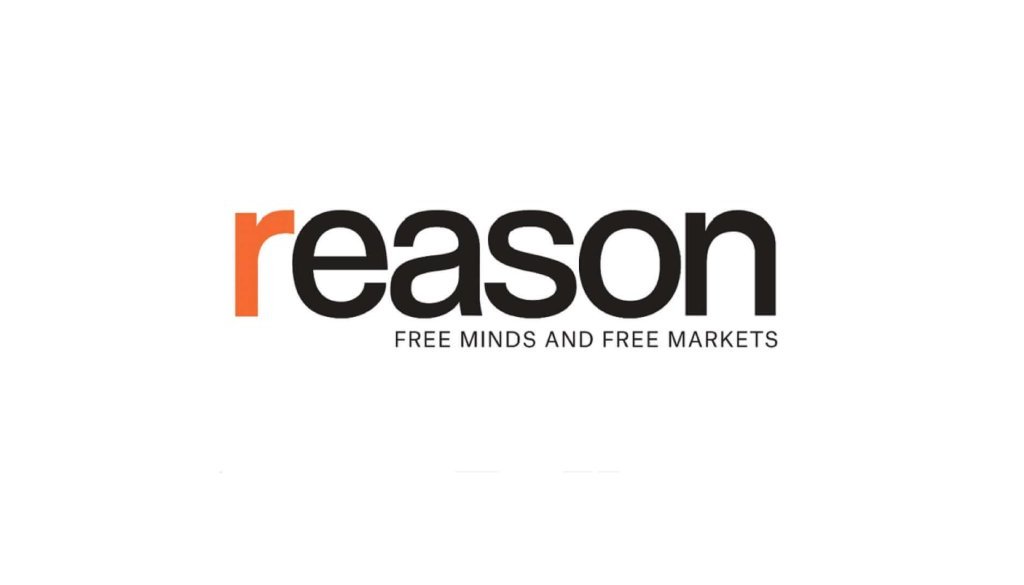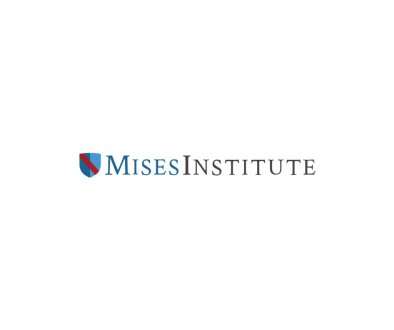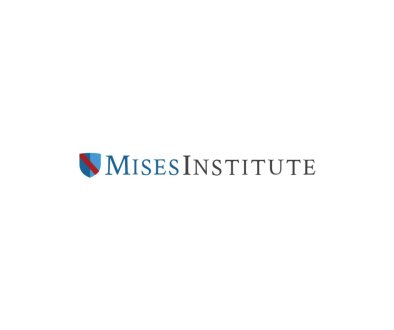Religious Hiring and Expressive Association
Thanks to Eugene for inviting me to guest-blog about my forthcoming article, Religious Hiring Beyond the Ministerial Exception. My first post laid out how appellate courts are grappling with an important question that will likely reach the Supreme Court soon: What legal protections do religious groups have when they fire a non-minister (like a secretary or janitor) for rejecting the group’s religious teachings on sex or marriage? I then explored two potential protections: Title VII’s religious exemption and the First Amendment’s church-autonomy doctrine.
Today I’ll argue that a different First Amendment protection—the right of expressive association—also protects religious hiring by religious groups.
What Is Expressive Association?
Unlike the church-autonomy doctrine, the right of expressive association is not rooted in the Religion Clauses; it is rooted in the Speech Clause (or, as some cogently argue, the Assembly Clause). The basic idea is that freedom of speech necessarily entails the right to gather with others—to associate—to engage in speech. The right of expressive association, then, protects the right to associate with others (or not to associate) for expressive purposes.
The leading case is Boy Scouts v. Dale. There, the Boy Scouts dismissed a scoutmaster for being a “gay rights activist,” and the scoutmaster sued, alleging his dismissal was illegal sexual-orientation discrimination. But the Supreme Court rejected his claim, explaining that the First Amendment freedom to associate “presupposes a freedom not to associate,” and that requiring the Scouts to retain the scoutmaster would unconstitutionally “force the [Scouts] to send a message … that [it] accepts homosexual conduct as a legitimate form of behavior.”
Dale requires courts to address two questions when considering an expressive-association defense: (1) whether the group “engage[s] in some form of expression,” and (2) “whether the forced inclusion” of the individual “would significantly affect the [group’s] ability to advocate public or private viewpoints.” And if the answer to both questions is yes, the First Amendment prohibits the forced association, absent proof that the forced association satisfies strict scrutiny—i.e., serves “compelling state interests” that cannot be achieved through “significantly less restrictive” means.
Expressive Association for Religious Groups
Dale provides a strong framework for protecting religious groups. Suppose, for example, a religious school dismisses its math teacher for entering a same-sex marriage. Under Dale‘s first prong, a religious school, of course, “engage[s] in some form of expression”: teaching and propagating a rel
Article from Reason.com

The Reason Magazine website is a go-to destination for libertarians seeking cogent analysis, investigative reporting, and thought-provoking commentary. Championing the principles of individual freedom, limited government, and free markets, the site offers a diverse range of articles, videos, and podcasts that challenge conventional wisdom and advocate for libertarian solutions. Whether you’re interested in politics, culture, or technology, Reason provides a unique lens that prioritizes liberty and rational discourse. It’s an essential resource for those who value critical thinking and nuanced debate in the pursuit of a freer society.




